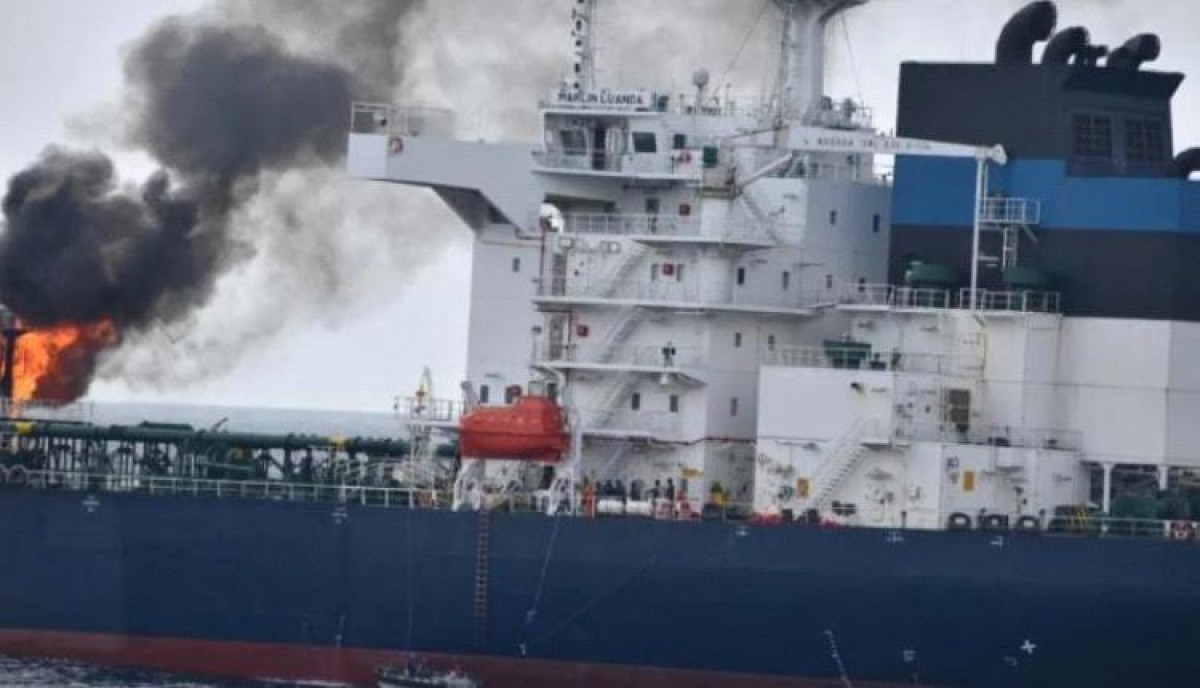Who is the mastermind of the Houthi attacks in the Red Sea?


An American agency revealed the identity of the general who is managing the Houthi attacks from inside Yemen.
The American Bloomberg Agency said that the prominent Iranian leader, Abdul Reza Shahlai, was the one who directed the first Houthi attacks in October.
The agency confirmed that Shahlai is the de facto commander of the Houthi drone and missile forces, and has a direct line of communication with the group’s leader, according to informed people.
The report says: It was the prominent Iranian commander, Abdul Reza Shahlai, who directed the first Houthi attacks from inside Yemen in October, according to a number of people with direct intelligence from the ground.
The United States has offered $15 million to anyone who provides information about Shahlai, who is accused of orchestrating deadly attacks on Americans in the region. He is also the de facto commander of the Houthi drone and missile forces, and has a direct line of communication with the group’s leader.
Joel Rayburn, a former US military officer and diplomat who worked on confronting Iran, says: “With regard to Iran, he has done an amazing job, turning the Houthis into this monster.”
The United States has been cautious about attacking Iranian supply lines directly, fearing that this would escalate an already unstable situation in the region. NBC reported that an Iranian intelligence ship was subjected to an American electronic attack due to the exchange of intelligence information with the Houthis.
Admiral Miguez said that two Iranian ships are currently active in the region: an intelligence ship that has been operating off the coast of Djibouti for years, and a support ship.
John Miller, former commander of the US Fifth Fleet, under whose command the Ike is now stationed, said: “We are at a point where Iran has influence, if not strategic control, over three of the world’s six major economic choke points.”
p>
Iran admits to supporting the Houthis, but denies that it is arming them, and says that they make their own decisions.
Iran has threatened and used force itself, seized an oil shipment linked to the United States, vowed retaliation if its ships were attacked, and practiced “freeing” commercial ships “hijacked by pirates” in joint exercises with Russia and China in the Gulf of Oman.
Despite the almost daily strikes on their bases in Yemen, the Houthis have received global attention that has pushed them to the front lines of the Arab resistance to the Israeli war in Gaza and demonstrated their value to their patrons in Tehran.